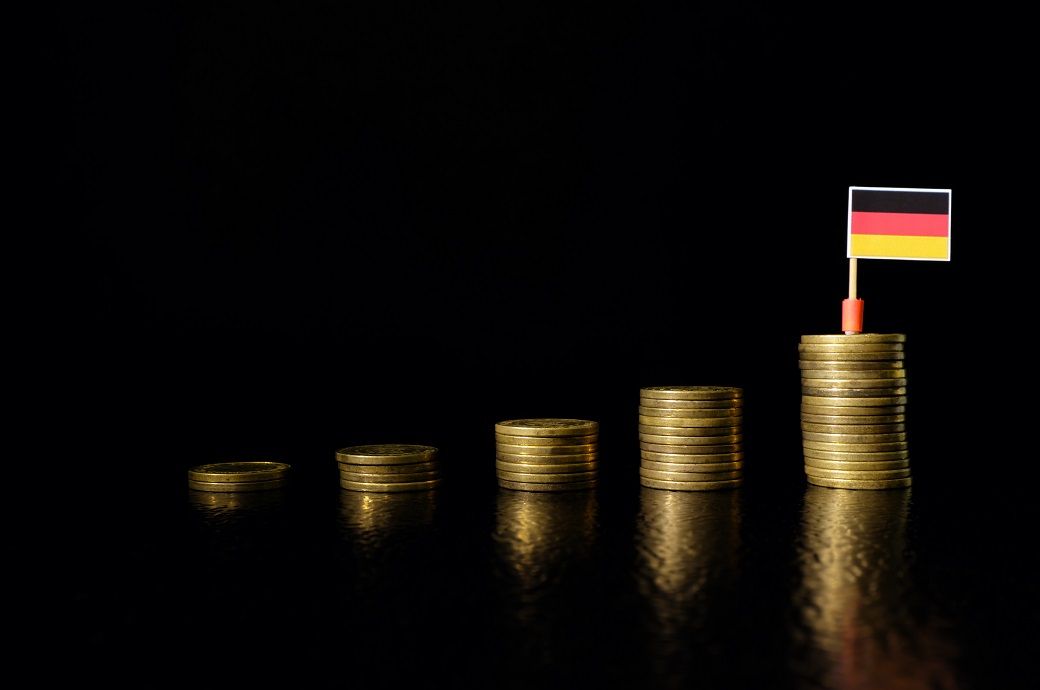
The German economy is gradually emerging from the crisis, according to the ifo Institute. Price-adjusted gross domestic product (GDP) is projected to increase by 0.4 per cent this year and by 1.5 per cent next year. The inflation rate is expected to fall significantly, dropping from 5.9 per cent in 2023 to 2.2 per cent in 2024 and to 1.7 per cent in 2025.
Sentiment among German companies has improved since the beginning of the year. While the ifo economic surveys reveal that most companies still rate the current situation as poor, expectations for the coming months have risen across all economic sectors. The gradual improvement in German sales markets and the anticipated increase in new orders in manufacturing are contributing to this optimism. Additionally, manufacturing energy costs have decreased to 2020 levels, enhancing profitability and enabling companies to reduce their order backlogs. Energy-intensive industries are also expanding their production.
Economic output in the second quarter is expected to grow by 0.3 per cent, a slight acceleration from the previous quarter. Manufacturing, driven by export activities, is supporting the economy, while the construction sector is likely to continue its decline. Private consumption is predicted to stagnate initially, and the European Football Championship in Germany is not expected to significantly boost the economy, based on the experience of the 2006 World Cup, as pr ifo.
The overall economic recovery is anticipated to gain momentum later in the year as consumer spending normalises. Private households' purchasing power is expected to strengthen, leading to a gradual recovery in demand for goods. Despite strong wage increases maintaining price pressure, the current underutilisation of capacity limits companies' ability to pass on costs, likely resulting in reduced profits. The European Central Bank's interest rate cut in June is expected to be followed by two more reductions this year. Lower interest rates, a stable labour market, and strong income growth will boost the consumer economy. Consumer confidence is projected to rise, and the savings rate is expected to normalise. Industrial activity is also likely to continue its recovery, benefiting from increasing global demand.
Fibre2Fashion News Desk (DP)